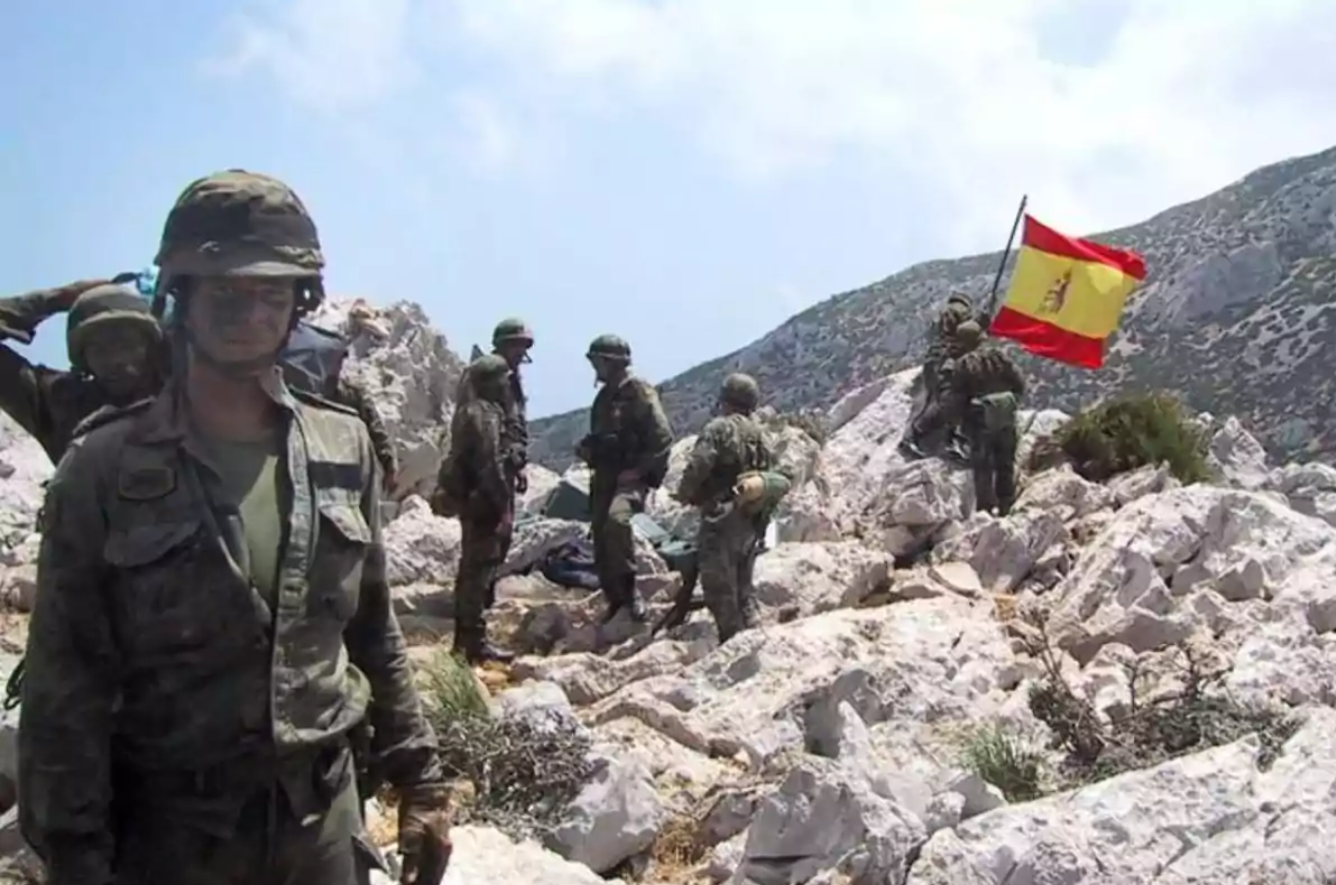
The sudden disappearance of Spanish flags from the uninhabited islets of “El Bar” and “El Bahar” off Morocco’s Mediterranean coast has sparked fresh speculation over Spain’s long-standing claims to these tiny, yet symbolically significant, territories.
- Spanish flags have been removed from the disputed islets ‘El Bar’ and ‘El Bahar’ off Morocco’s Mediterranean coast.
- The islets have been a point of contention in Spanish-Moroccan relations, despite being uninhibited and barren.
- Observers interpret this move as a pragmatic step by Spain to ease tension and adapt to shifting diplomatic dynamics in North Africa.
Though Madrid has made no official statement, the quiet removal of flags, an emblem of sovereign assertion in diplomatic norms, has been interpreted by many observers as a potential soft retreat from the colonial-era dominance Spain has maintained over the disputed islets for more than two decades.
The small rocky outcrops, known locally as “El Bar” (Earth Island) and “El Bahar” (Sea Island), had flown the Spanish flag for over twenty years, a point of constant diplomatic friction between Madrid and Rabat.
Their strategic location near Al Hoceima on the Mediterranean coastline made them a sensitive issue, despite being uninhabited and barren.
Morocco World News recently confirmed that the flags have been removed, a move widely interpreted as Spain stepping back from its long-held but largely symbolic claim over the islands.
The withdrawal has revived memories of the 2002 Perejil Island crisis, when Morocco briefly occupied the islet and Spain responded with military force. Though U.S. mediation defused the standoff, the sovereignty dispute remains unresolved

This time, however, Spain’s quiet retreat suggests a more pragmatic approach. Without public fanfare or official statements, the action signals Madrid’s recognition of changing power dynamics in North Africa, where Morocco has increasingly asserted itself diplomatically.
Why El Bar and El Bahar Matter
According to Argentine newspaper La Derecha Diario, the situation echoes the Perejil Islet crisis of July 11, 2002, when Moroccan naval forces landed on the disputed islet, prompting Spain, under Prime Minister José María Aznar, to launch “Operation Romeo-Sierra” to reclaim it without casualties.
Since then, Spain has sought to assert symbolic sovereignty over nearby uninhabited islets like “El Bar” and “El Bahar,” maintaining a flag presence as a lingering assertion of control.
These islets, though small and uninhabited, hold strategic importance due to their location off Morocco’s northern coast.
However, the recent quiet removal of Spanish flags from them has sparked speculation about a potential shift in Madrid’s North Africa policy.
While Spain still holds enclaves such as Ceuta and Melilla, the move could signal an attempt to ease diplomatic friction with Rabat and de-emphasize symbolic territorial disputes in favor of cooperation on trade, migration, and security.
Neither government has confirmed the reasons for the flag removal, leaving room for interpretations of a quiet diplomatic de-escalation, a broader strategic recalibration, or perhaps a minor administrative adjustment with broader implications.












